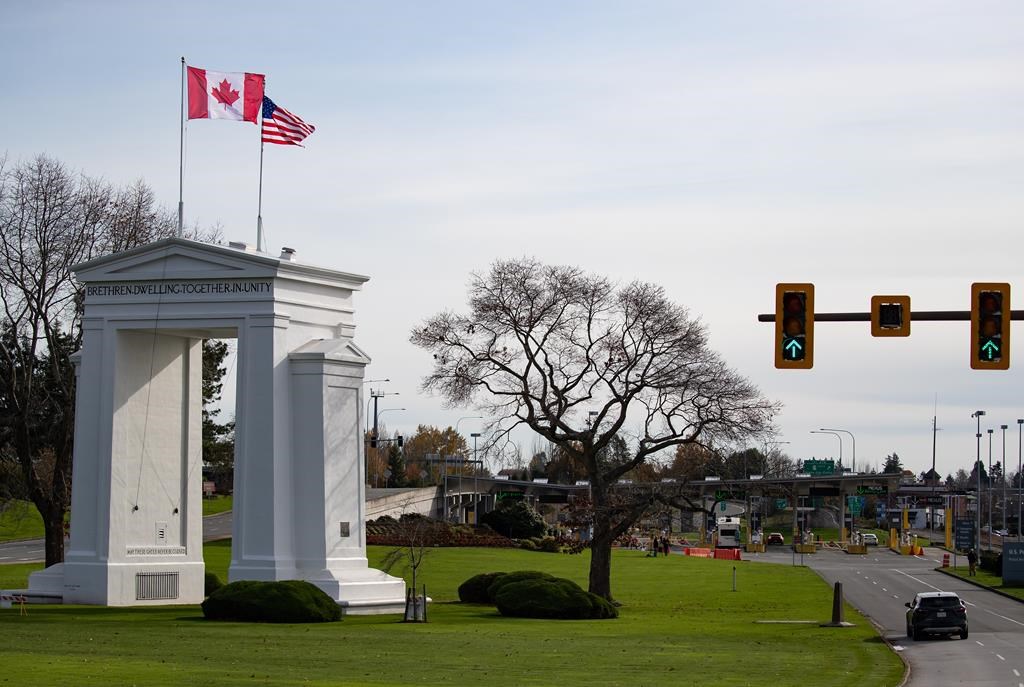Local News
What impacts could the Trump administration have on B.C.?

The threat of punishing tariffs on Canadian goods headed for the United States is top of mind for federal and provincial Canadian leaders, but the Trump administration will potentially come with other consequences for B.C., as well.
The incoming U.S. president has promised mass deportations of undocumented immigrants will start immediately.
Lisa Brunner is a postdoctoral research fellow at the University of British Columbia’s Centre for Migration Studies who believes it is possible many displaced from the United States could look to B.C.
“Any province that borders the U.S. is a potential destination. But the incoming administration has said the first raids or deportation focus will be on Chicago, so I don’t think B.C. will be an immediate destination. But we’ll have to see.”
However, she feels promises of such sweeping deportations may be more rhetoric than reality.
“Trump’s rhetoric has certainly scared migrants in the United States, but Trump would need Congress to approve billions of dollars to achieve the full scale of the deportation promises he has made,” she told 1130 NewsRadio.
“I think the Canadian government is a bit on edge, but we have yet to see exactly what those deportations will look like and the extent of them.”
Brunner says there is “low-hanging fruit” the new U.S. government will likely go after first, such as illegal immigrants who have had interactions with the justice system or who are currently in jail.
“That’s where there will be the ability for the government to more easily deport. But to do large-scale deportations and raids, you’d really have to get Congress to pay for it and I think there’s a genuine question as to whether the American people are willing to support the billions of dollars that would require.”
But Brunner believes just the threat of mass deportations may have an effect.
“The more intense Trump’s rhetoric about deportations, the more fearful migrants will become. Trump may not actually need a lot of concrete policies — his rhetoric may actually encourage people to go into hiding, ‘self-deport’, or to avoid accessing social services out of fear of being deported,” she said.
Even if there’s no clear picture yet of what new U.S. immigration policies will mean for Canada, Brunner believes British Columbians will still notice a difference at the border as Ottawa tries to appease the Trump administration
“As part of the threat of the 25 per cent tariffs, fortifying the Canadian border was one of Ottawa’s negotiation tactics. The Trump administration basically wants Canada to put more resources into strengthening the border between the US and Canada,” she explained.
“The federal government has made concrete financial investments into strengthening a very long, in some ways porous, border. Provinces are also responding in some ways … it will be interesting to see how the border on the BC side will look in response to that.”
The federal government announced in December a $1.3 billion spending plan to bolster border security and strengthen the immigration system.












